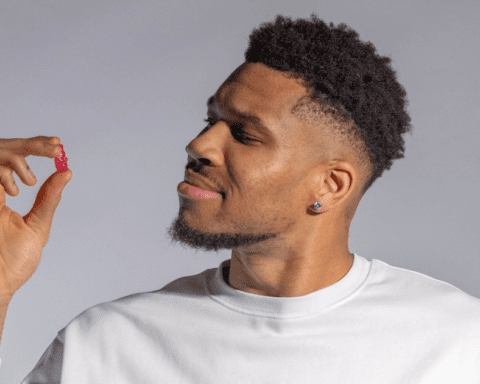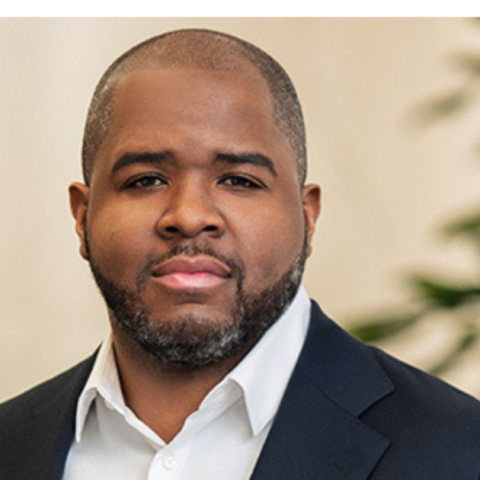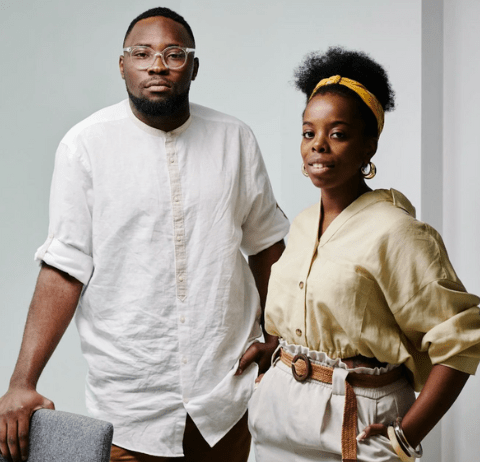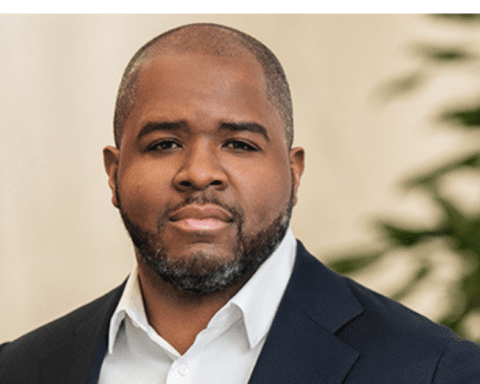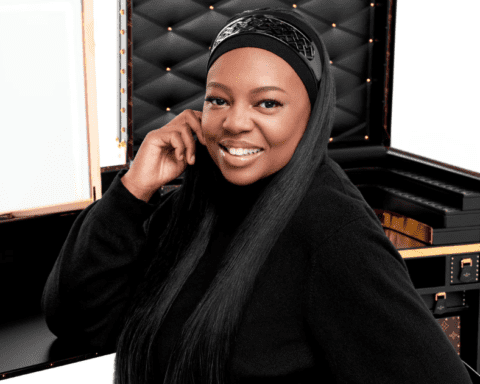The LA Lakers sold for $10 billion in a record-breaking deal, setting a new high for the most expensive sports franchise transaction in U.S. history.
As one of the most storied franchises in professional sports, this moment marks a historic power shift—both financially and culturally.
The buyer is Mark Walter, CEO of Guggenheim Partners and co-owner of the Los Angeles Dodgers. Walter had held a 27% minority stake in the Lakers since 2021 and, on June 18, 2025, exercised his right of first refusal to acquire a controlling interest.
This historic deal marks the end of an era for the Buss family, who purchased the team in 1979 for $67.5 million. Although they will retain a minority stake of approximately 15%, the franchise will now operate under new majority ownership, with Jeanie Buss continuing in her role as team governor.
But beyond the headlines, this moment offers powerful insights into ownership, brand value, and long-term wealth—especially for Black entrepreneurs and investors.
Why the LA Lakers’ $10 Billion Sale Matters
The LA Lakers’ valuation isn’t solely based on athletic performance. It reflects the strength of the brand, global media rights, real estate assets, and cultural relevance.
From $67.5 million to $10 billion in less than 50 years, the franchise exemplifies how holding culturally significant assets can generate exponential returns.
For Black founders, creators, and capital allocators, the message is clear: income builds security, but ownership builds wealth.
The Ongoing Ownership Gap in Pro Sports
Despite making up more than 70 percent of NBA players, there are currently no Black majority owners in the league. Michael Jordan, the only one in league history, sold his controlling stake in the Charlotte Hornets in 2023.
This disparity highlights how power in sports—and across many industries—remains concentrated. The LA Lakers sale underscores just how inaccessible majority ownership remains without intentional coordination and institutional backing.
Five Lessons from the Lakers Deal for Black Entrepreneurs and Investors
1. Brand equity drives valuation
The Lakers are valuable not just because they win, but because their brand has global resonance. Whether you’re building a service business, startup, or media company, brand equity is a strategic asset.
2. Diversify revenue streams
The team generates income through media rights, ticket sales, sponsorships, real estate partnerships, merchandise, and more. Black-owned businesses should adopt similar multi-channel strategies.
3. Legacy over liquidity
The Buss family held the Lakers for nearly five decades. That long-term perspective enabled strategic growth and leverage. Black capital must prioritize legacy-minded strategies over quick exits.
4. Media is a multiplier
The NBA’s next media deal is projected to exceed $75 billion. Visibility, narrative control, and content ownership can significantly influence valuation. Every business should treat storytelling as a core function. At Shoppe Black, we help craft narratives that build authority and drive results.
5. Ownership requires collective capital
Very few individuals can write a $10 billion check—but coalitions can. Syndicated ownership and collaborative investing—especially among Black fund managers, athletes, and institutions—are key to breaking barriers.
What Comes Next
Could a Black-led group acquire a franchise at this level? Yes—but not without long-term planning, access to capital, and strategic coordination.
It will require more investment syndicates, greater visibility for emerging investors, and stronger institutional relationships aligned around a common goal: ownership.


